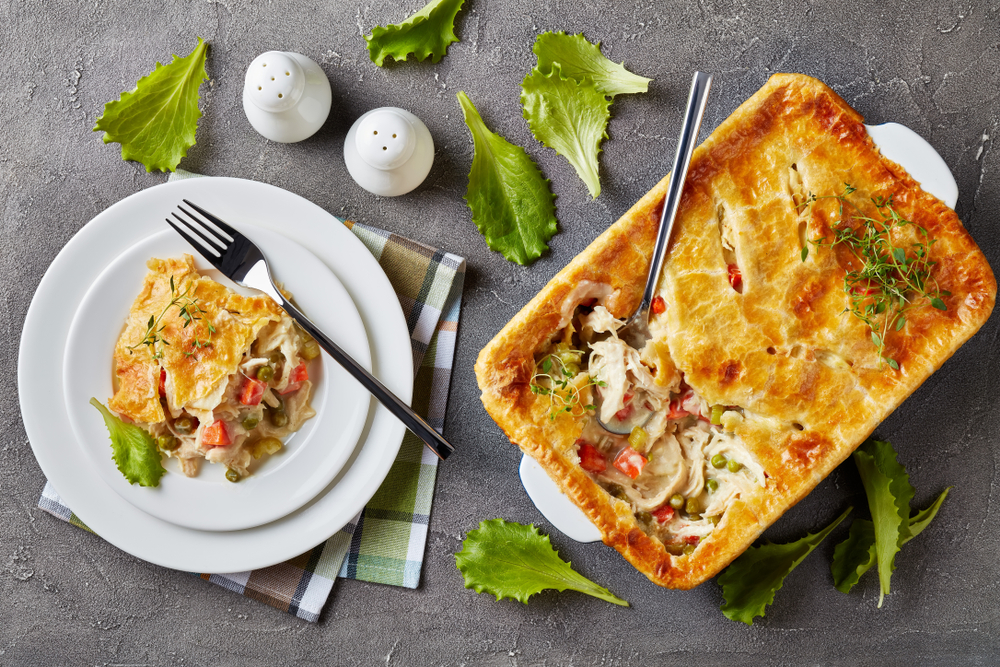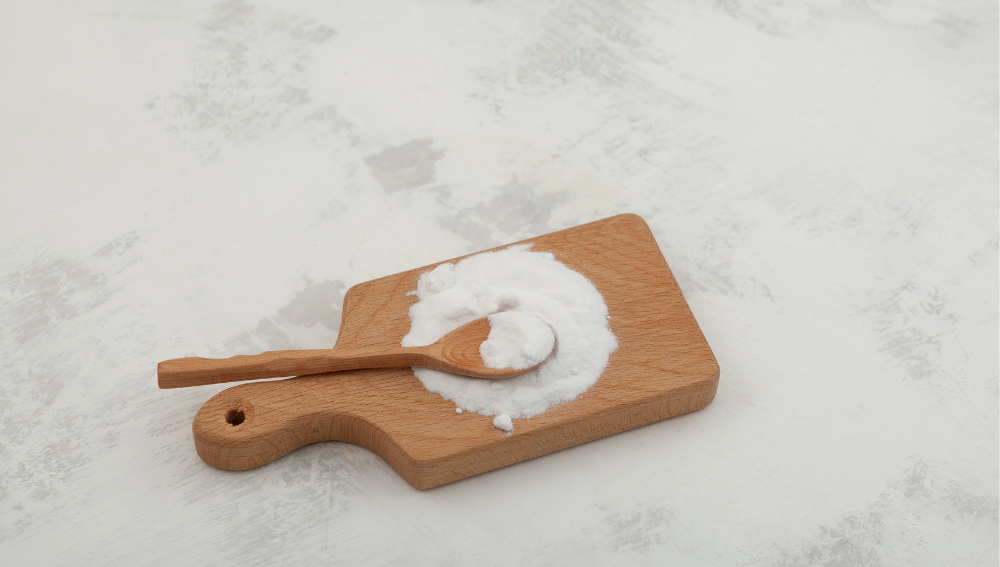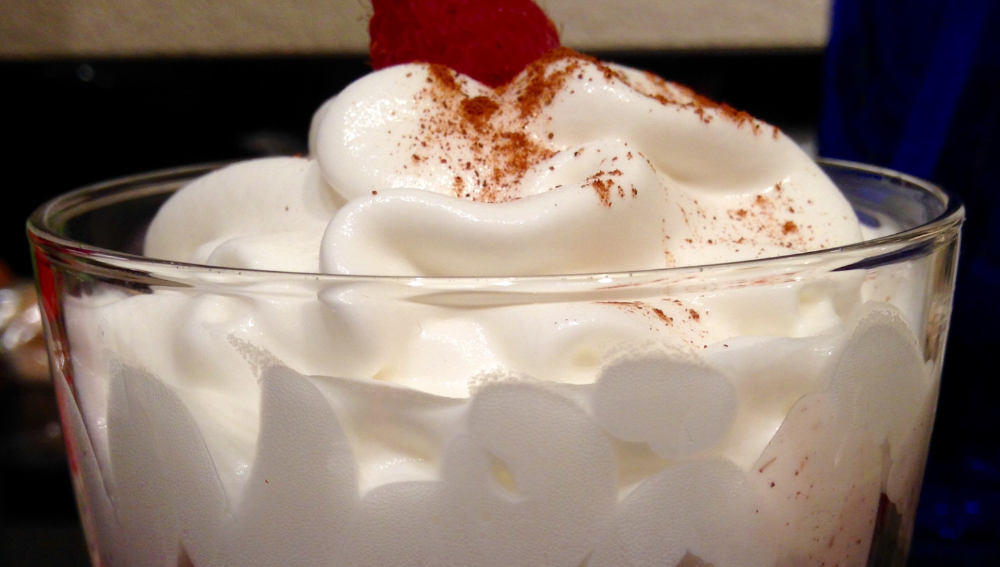I have cooked cabbage left over, and I’m wondering if I can freeze it. Freezing cooked cabbage can be an excellent way to preserve it and keep it fresh for a longer time.
However, not all vegetables freeze well, and cabbage may have some specific considerations.
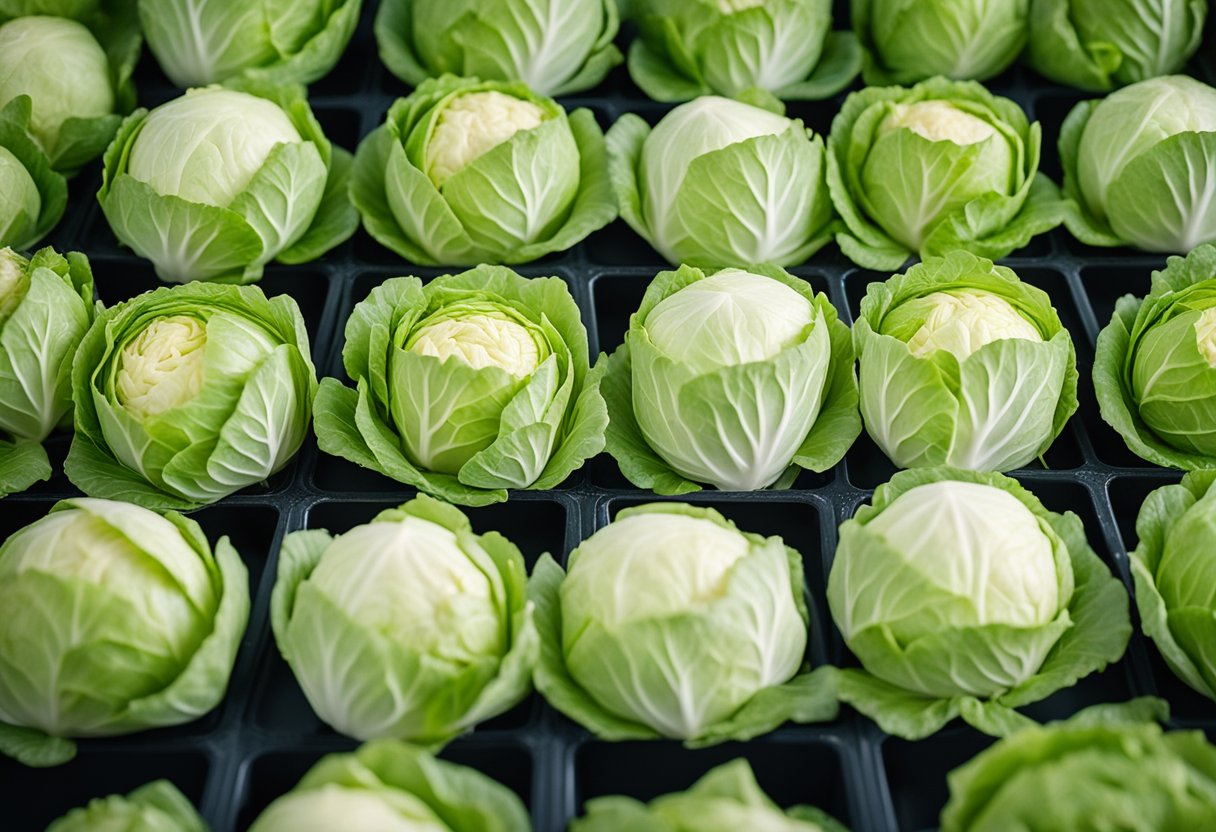
Cabbage is a versatile and nutritious vegetable that is used in many dishes. It is a cruciferous vegetable that is low in calories and high in fiber, vitamins, and minerals.
Cabbage can be eaten raw or cooked, and it is a popular ingredient in soups, stews, salads, and more. However, cabbage has a high water content, which can affect its texture and taste when frozen.
Key Takeaways
- Cooked cabbage can be frozen, but it may have a different texture and taste when thawed.
- Blanching cabbage before freezing can help preserve its flavor and texture.
- Thawed cabbage is best used in cooked dishes rather than raw salads.
Understanding Cabbage
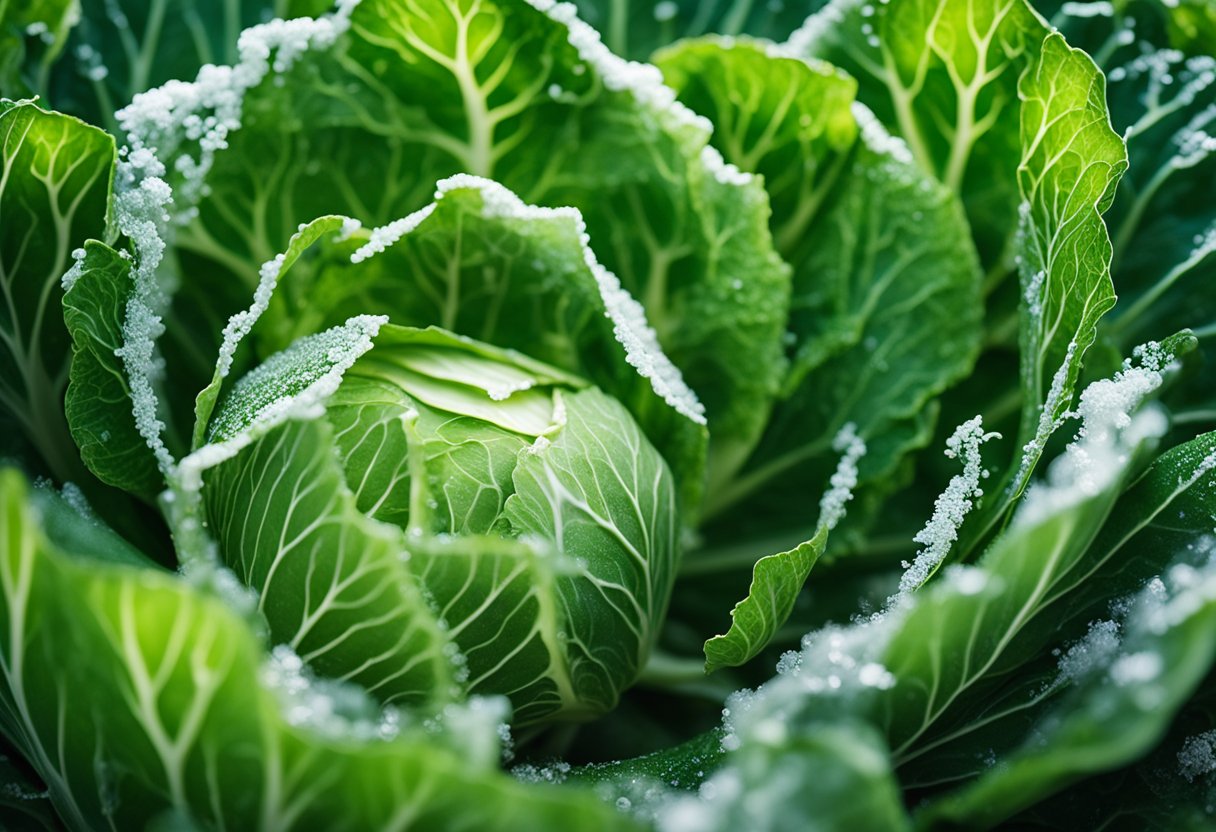
As someone who loves to cook, I find that cabbage is one of the most versatile vegetables out there. It can be used in a variety of dishes, from salads to soups to stir-fries.
But what if you have too much cabbage on hand and can’t use it all before it goes bad? Can you freeze cooked cabbage? The answer is yes, and in this article, I will explain how to do it properly.
Types of Cabbage
There are several types of cabbage, each with its own unique flavor and texture. The most common types of cabbage are green cabbage, red cabbage, savoy cabbage, and bok choy.
Green cabbage is the most widely available and is often used in coleslaw and stir-fries. It has a slightly sweet, earthy flavor and a crunchy texture.
Red cabbage has a slightly more bitter taste than green cabbage and is often used in salads and pickled dishes. It is also a great source of antioxidants.
Savoy cabbage has a milder flavor than green cabbage and is often used in soups and stews. It has a crinkly texture and is more tender than other types of cabbage.
Bok choy is a type of Chinese cabbage that has a mild, sweet flavor and a crisp texture. It is often used in stir-fries and salads.
Choosing the Right Cabbage
When choosing cabbage, look for heads that are firm and heavy for their size. The leaves should be tightly packed and free from blemishes or insect damage.
If you are buying pre-cut cabbage, make sure it is fresh and has not been sitting in the grocery store for too long.
When it comes to freezing cooked cabbage, it is important to choose the right type of cabbage. While all types of cabbage can be frozen, some hold up better than others.
Green cabbage and savoy cabbage are two of the best types of cabbage to freeze, as they retain their texture and flavor well.
In conclusion, cabbage is a versatile and nutritious vegetable that can be enjoyed in a variety of dishes. If you find yourself with too much cabbage on hand, don’t let it go to waste.
You can freeze cooked cabbage and enjoy it later. Just be sure to choose the right type of cabbage and follow the proper freezing techniques.
Preparation of Cabbage
When it comes to freezing cooked cabbage, the preparation process is crucial. Here are the steps to prepare cabbage for freezing:
Cutting and Cleaning
First, cut the cabbage into shreds or wedges using a sharp knife and a cutting board. Rinse the cabbage under cold water to remove any dirt or grit.
Blanching Process
Blanching is a process of boiling vegetables briefly before freezing them. Blanching cabbage helps to preserve its color, flavor, and texture. Here’s how to blanch cabbage:
- Fill a large pot with water and bring it to a rolling boil.
- Add the cabbage to the boiling water and let it cook for about 1.5 to 3 minutes, depending on whether you’re blanching shredded cabbage or wedges.
- Remove the cabbage from the boiling water and immediately transfer it to a bowl of ice water to stop the cooking process.
- Drain the blanched cabbage and pat it dry with paper towels.
Once the cabbage is blanched and dried, it’s ready for freezing. You can freeze the cabbage as shreds or wedges, depending on your preference.
In summary, preparing cabbage for freezing involves cutting it into shreds or wedges, rinsing it under cold water, blanching it in boiling water, and then transferring it to ice water to stop the cooking process.
By following these steps, you can ensure that your cooked cabbage freezes well and retains its flavor and texture.
Freezing Cabbage
Cabbage is a versatile vegetable that can be used in a variety of dishes such as casseroles, stir-fries, and even as a side dish. However, it has a short shelf life and can spoil quickly.
Freezing cabbage is a great way to preserve it and extend its shelf life.
Freezing Raw Cabbage
Raw cabbage should never be frozen as it has a high water content and will become mushy and unappetizing when thawed. However, you can freeze fresh cabbage by blanching it first.
Blanching involves boiling the cabbage for a short period of time and then immediately cooling it in ice water. This process helps to preserve the texture and color of the cabbage.
Once blanched, you can freeze the cabbage in freezer bags or containers. Be sure to label and date the bags or containers before placing them in the freezer.
Freezing Cooked Cabbage
Cooked cabbage can be frozen and thawed with little to no difference in taste or texture. To freeze cooked cabbage, allow it to cool to room temperature before placing it in freezer bags or containers.
Be sure to label and date the bags or containers before placing them in the freezer.
Flash Freezing Method
Another method for freezing cabbage is the flash freezing method. This method involves placing the cabbage on a cookie sheet in a single layer and placing it in the freezer.
Once the cabbage is frozen, transfer it to a freezer bag or container. This method is great for freezing cabbage wedges or smaller pieces of cabbage.
When freezing cabbage, it is important to use freezer bags or containers that are specifically designed for freezing as they are more durable and less likely to break or leak.
Additionally, be sure to label and date the bags or containers so that you know how long the cabbage has been in the freezer.
Overall, freezing cabbage is a great way to preserve it and extend its shelf life. Whether you are freezing raw or cooked cabbage, be sure to follow the proper freezing methods to ensure that the cabbage stays fresh and tasty.
Thawing and Using Frozen Cabbage
When it comes to using frozen cabbage, there are a few things to keep in mind. In this section, I will cover the thawing process and how to incorporate frozen cabbage into dishes.
Thawing Process
Thawing frozen cabbage is easy and can be done in a few different ways. The first and most straightforward method is to place the frozen cabbage in a bowl and let it thaw in the refrigerator overnight.
This method is the best because it helps to prevent freezer burn and ensures that the cabbage retains its texture and flavor.
If you need to thaw frozen cabbage quickly, you can also use the microwave. Place the frozen cabbage in a microwave-safe bowl and heat it on the defrost setting for a few minutes.
Be sure to stir the cabbage occasionally to ensure that it thaws evenly.
Incorporating in Dishes
Once the frozen cabbage is thawed, you can use it in a variety of dishes. One of the easiest ways to use frozen cabbage is to add it to soups and stews.
Simply thaw the cabbage, chop it up, and add it to your favorite cabbage soup or stew recipe.
Frozen cabbage can also be used in cabbage rolls and casseroles. Thaw the cabbage and then use it as you would fresh cabbage in your recipe.
You may need to adjust the cooking time slightly to account for the fact that the cabbage was frozen.
Finally, frozen cabbage can be added to pasta dishes for a nutritious and flavorful twist. Thaw the cabbage and then sauté it with garlic and olive oil before adding it to your favorite pasta dish.
Overall, freezing cooked cabbage is a great way to preserve it for later use. With the right thawing process and a few creative recipe ideas, you can enjoy frozen cabbage in a variety of dishes.
Additional Tips and Precautions
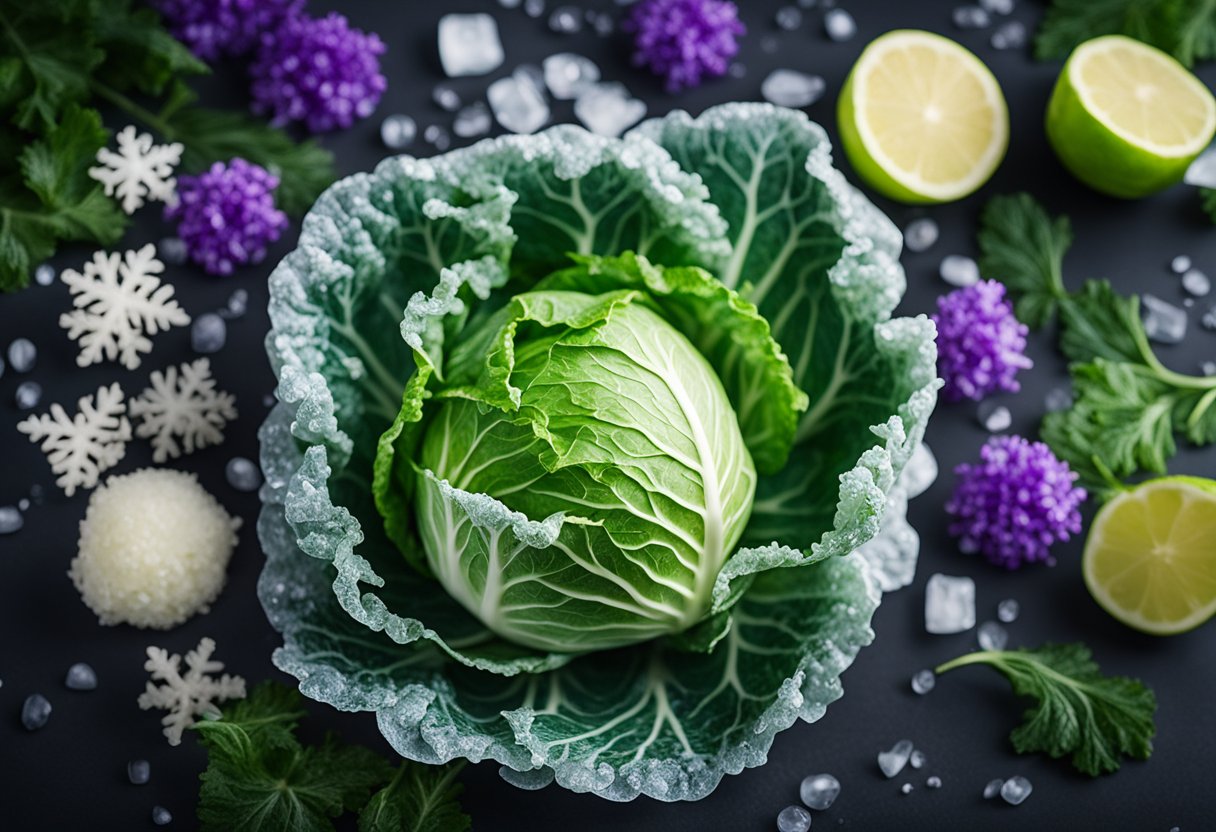
When it comes to freezing cooked cabbage, there are a few additional tips and precautions to keep in mind. These tips can help ensure that your frozen cabbage stays fresh and delicious for as long as possible.
Shelf Life and Storage
Frozen cooked cabbage can last for up to 8 months in the freezer. To ensure maximum freshness, it’s important to store your cabbage in an airtight container or freezer bag.
This will help prevent freezer burn and keep your cabbage from absorbing any unwanted odors.
Bacteria
While freezing can help preserve cooked cabbage, it’s important to note that it won’t kill any bacteria that may be present.
To ensure that your cabbage is safe to eat, it’s important to cook it thoroughly before freezing.
Additionally, it’s important to thaw your cabbage in the refrigerator rather than at room temperature, as this can help prevent the growth of harmful bacteria.
Fresh Cabbage
When freezing cooked cabbage, it’s important to start with fresh cabbage. Look for cabbage with solid heads and no signs of spoilage.
Additionally, be sure to wash your cabbage thoroughly under running water to remove any dirt or debris.
Raw Cabbage
While cooked cabbage can be frozen, raw cabbage should never be frozen. This is because raw cabbage has a high water content and can become mushy and unappetizing when thawed.
If you have raw cabbage that you want to preserve, consider pickling it or making sauerkraut instead.
Shredded Cabbage
If you’re planning on freezing shredded cabbage, it’s important to blanch it first. Blanching involves briefly boiling the cabbage in water and then immediately cooling it in ice water.
This can help preserve the flavor and texture of the cabbage when it’s thawed.
By keeping these tips and precautions in mind, you can ensure that your frozen cooked cabbage stays fresh and delicious for as long as possible.
Frequently Asked Questions
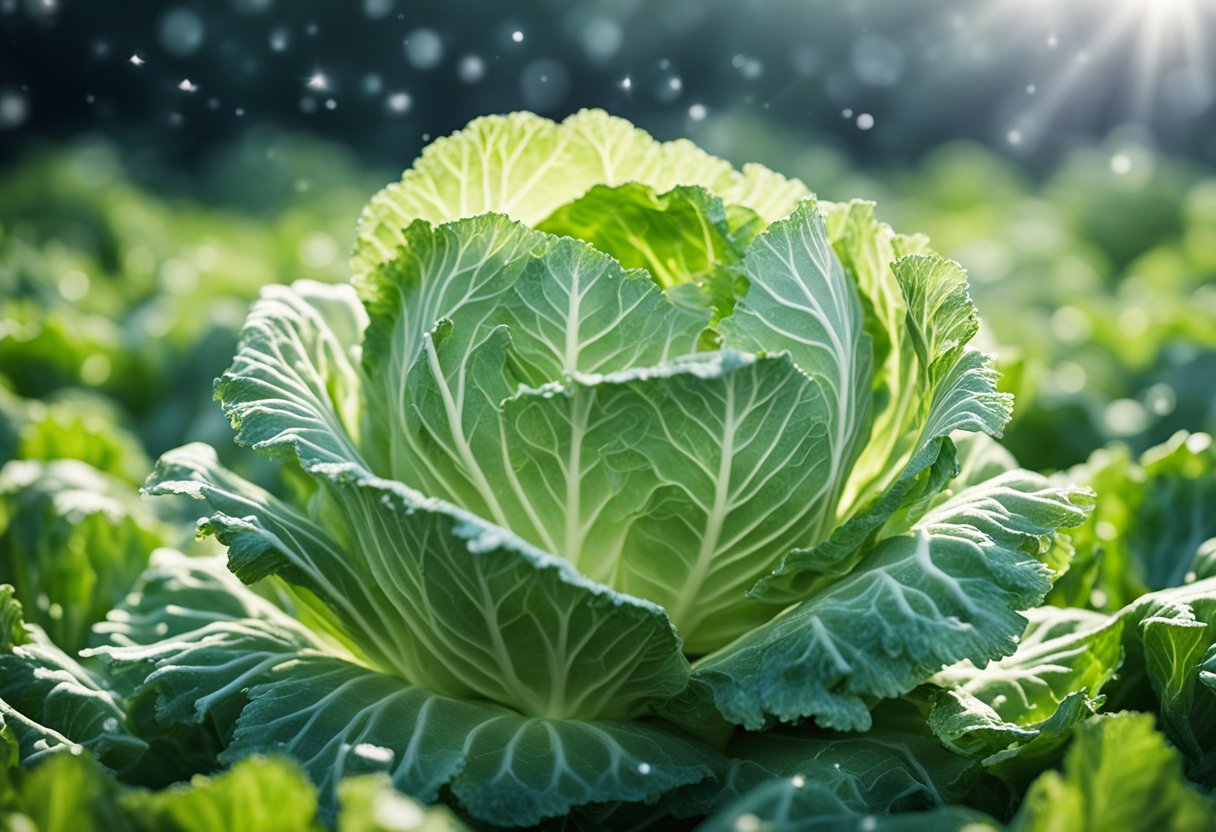
How long can you freeze cooked cabbage?
You can freeze cooked cabbage for up to 8 months if stored properly. To ensure the best quality, it’s recommended to consume it within 3-4 months.
Can you freeze cooked cabbage without blanching?
Yes, you can freeze cooked cabbage without blanching. However, blanching can help preserve the color, texture, and nutrients of the cabbage.
If you choose not to blanch, be aware that the cabbage may have a slightly softer texture after thawing.
Can you freeze cooked cabbage rolls?
Yes, you can freeze cooked cabbage rolls. Allow them to cool completely before freezing.
To prevent them from sticking together, you can wrap each roll individually in plastic wrap or aluminum foil before placing them in a freezer-safe container.
Can you freeze cooked cabbage for roasting?
It’s not recommended to freeze cooked cabbage for roasting as the freezing process can cause the cabbage to become mushy and lose its texture. It’s best to roast fresh cabbage for optimal flavor and texture.
Can you freeze cooked cabbage and potatoes?
Yes, you can freeze cooked cabbage and potatoes together. Allow the mixture to cool completely before freezing. To prevent freezer burn, make sure to store it in an airtight container or freezer bag.
Can you freeze cooked cabbage casserole?
Yes, you can freeze cooked cabbage casserole. Allow it to cool completely before freezing. To prevent freezer burn, make sure to store it in an airtight container or freezer bag.
When reheating, it’s recommended to thaw the casserole in the refrigerator overnight before reheating in the oven.




